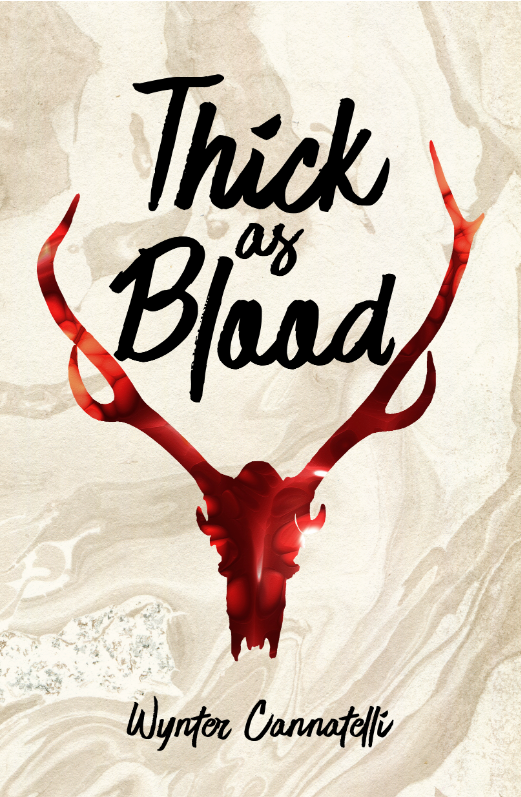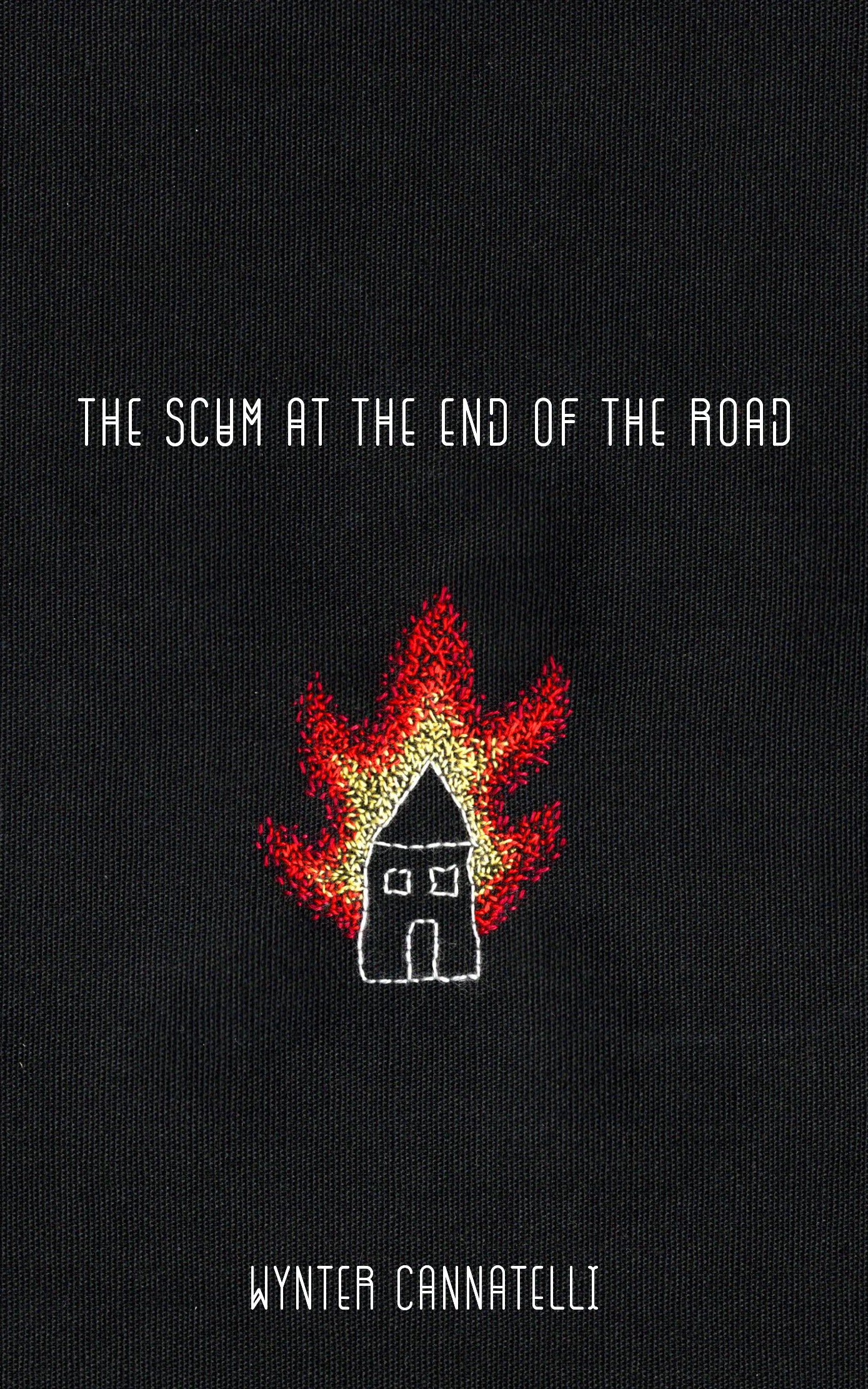“The Earth Seminar”
[ thuh urth sem-uh-nahr ]
noun
1 : short story featuring an orbiting narrator who discovers the nuance of creative fiction
2 : written in 2021 as a Writing Process & Practice class assignment
3 : one of maybe four short stories I’ve ever written in my life
author memo
[ aw-ther mem-oh ]
-
Prompt
Argumentative creative essay.
At least 1000 words (which I misread to read at most 1000 - whoops).
3 sources to support.
Say something about writing; make a stance on it.
-
Sources
I feel like as far as creative writing goes, I’m pretty self-taught. Obviously I learned a lot through practice, but in order to grow I knew I needed to be listening to and reading from the best. I like Stephen King, sure, but I’m far from being a superfan of his. What perplexes and inspires me about him is the amount of writing he does. I wasn’t expecting much from his memoir on writing, but in a way that book humanized him; he’s put on an extremely high pedestal because of his successes, but he’s just a regular guy at the end of the day.
I believe Jeff Vandermeer’s creativity is unmatched. His use of words is intoxicating and I’m so grateful for Wonderbook for helping me tap into different aspects of what it means to tell a story, how to develop a world.
The Emotional Craft of Fiction was a book I stumbled upon at the bookstore one day. From that I learned how to layer emotions. Something I’ll never forget that didn’t make it into this (short!) essay is the idea that it’s not about who dies in your story, it’s about how they die that can evoke a strong reaction. I just love that—and have implemented it in one of my current works.
-
Process
Originally, I was going to have the main character have a moment of realization that there was more to life than just working and duty and actually try to pursue writing themselves. I also envisioned more of a backstory that I probably would’ve included if I’d read the rubric correctly—but honestly, I’m glad I didn’t.
The backstory wouldn’t have done anything for the story unless it was a longer work altogether. And the more I wrote and developed an idea of how this character grew up, I knew they could never become a writer—it’s not in their nature. So they had to be an explorer. I never thought I could build a parallel between writing fiction and space exploration, but there you go.
This is the first time I’ve ever written anything like this—a blend of fact and fiction, inserting my own personal beliefs about writing into a piece that wasn’t about me. I’m not sure I did an excellent job doing so, but I’m proud of the distinctions I made and I wholeheartedly believe everything I included.
Writing is writing, of course, but as I attempted to showcase here, the idea of creativity and pursuing goals and dreams have a fantastic all their own—it’s all about embracing the unknown and carving a path for yourself.
brain dump
[ breyn duhmp ]
-

I feel like as far as creative writing goes, I’m pretty self-taught. Obviously I learned a lot through practice, but in order to grow I knew I needed to be listening to and reading from the best. I like Stephen King, sure, but I’m far from being a superfan of his. What perplexes and inspires me about him is the amount of writing he does. I wasn’t expecting much from his memoir on writing, but in a way that book humanized him; he’s put on an extremely high pedestal because of his successes, but he’s just a regular guy at the end of the day.
Pg. 144: the muse
Pg. 148: be truthful with yourself
Pg. 269: getting happy—drink and be filled up
-

I believe Jeff Vandermeer’s creativity is unmatched. His use of words is intoxicating and I’m so grateful for Wonderbook for helping me tap into different aspects of what it means to tell a story, how to develop a world.
Pg. 43: lengths of stories
Pg. 78: start late
Pg. 113: revision
Pg. 139: plot structures, conventional and nonconventional
Pg. 238: strangeness of the world
-

The Emotional Craft of Fiction was a book I stumbled upon at the bookstore one day. From that I learned how to layer emotions. Something I’ll never forget that didn’t make it into this (short!) essay is the idea that it’s not about who dies in your story, it’s about how they die that can evoke a strong reaction. I just love that—and have implemented it in one of my current works.
Pg 25: readers want to feel as if they’ve been through something
Pg. 144: it’s not who dies, it’s how they die
Pg. 152: feeling makes the story special
Pg. 172: how to feel something that doesn’t have a name
Pg. 183: what is worth fighting for?
story
[ stohr-ee ]
I lean against the observation deck railing, stare down into the arena below at the many booths and stalls that Air Station 5 erects every year as a way to “bridge the gap” between us and Earth. My parents hadn’t dragged me to one since I was ten. Being engineers on the largest station orbiting the planet, they had little time for the circus, as Dad puts it (although I don’t know what a circus is), but by his eye-rolling every time the three-day seminar approaches I realize that I probably don’t need to know its exact definition.
But I’m failing my Year 10 Humility course, so Rodal gave me the option: attend a lecture today about something on Earth or volunteer at the Debris Lab the night of my second Flight Training. If I miss this training my clearance is going to expire by the next one; I’ll be knocked back two levels, and that is not an option if I plan to be on my own craft by the time I’m 20.
The first thing that hits me when the metallic doors of the lift open are the smells: a vague memory of this musty scent stirs somewhere deep, but I push it deeper. Then the sounds assault my ears; different dialects and rough voices shout and laugh, speak in slow meandering sentences that don’t seem to go anywhere.
The orators are set up in booths on the perimeter of the great room in sound-proof pods with seating and a podium to talk about their specialties and how amazing life on Earth is—but do they ever invite us down there to talk about the great things we’re researching and manufacturing up here?
No.
The arena’s bursting with an energy I’m not familiar with—our people and Earth’s mixing and reminiscing about a time before the station, a time before I was alive. There are strange, furry animals loafing about on tethers and food so dripping in oil it’s a wonder you even need to chew it at all when it’ll just slide right down your throat. It’s only when a small, barefoot child with long hair squirts me with water from a blue gun do I duck into the nearest pod, not caring who’s inside.
It’s surprisingly full—almost every seat is occupied. I quickly grab one near the aisle as far back as I can manage and try to calm my breathing.
A bearded man with soft eyes sits at the front of the room; he’d taken a chair from the front row and is lounging with an ankle crossed over one knee. Next to him is a pile of books, all in different shapes and sizes. He has one open and resting on his leg.
“‘There is a muse, but he’s not going to come fluttering down into your writing room and scatter creative fairy-dust all over your computer station. He lives in the ground. He’s a basement guy. You have to descend to his level, and once you get down there you have to furnish an apartment for him to live in. You have to do all the grunt labor, in other words, while the muse sits and smokes cigars and admires his bowling trophies and pretends to ignore you[1].’”
What did I just walk in on?
The man looks up from his book as if he read my mind. “And what the hell does that mean for you, people up here who don’t have basements?”
A few raise their hands, but he ignores them, as if he wasn’t even asking a question. “It means that creating a story—writing something completely from your own mind—isn’t reserved for people with talent, nor is it “easier” for some over others.”
He flings the book aside and picks up another from his stack.
“The world around you isn’t just the place you live, or a repository of possible characters and tactile experiences that can help your writing. Even a splash of water, captured on camera, can reveal a hidden structure. Architecture”—he throws an arm above his head to signal to the literal bubble we’re in now—“can spark inspiration[2].”
Like others around me, I find myself looking up at the domed structure of our pod; its white finish and smooth seams, held perfectly around us by tension and its own strength.
He points down the aisle, straight to the opening to the arena. “Those people out there, down there, up here, in this room even—you’re wrong in thinking creativity can only come from someone who’s seen a living tree. Look around you. We’re closer to the stars now, the great beyond, the universe, than we’ve ever been. Yeah, it’s for science, whatever—but take a minute, ten minutes, a whole half hour if you can stand it, to just look.”
I lean forward in my chair when he grabs another book.
“This one goes into a lengthy wedding metaphor, but it’s this you need to remember: ‘What makes the day feel that way [of wanting it to go on forever] is the way you feel[3].’ People read to feel something, and if you can deliver that for them then you’ve accomplished it. It’s not about the setting or the smart-ass characters or the car that can drive itself, it’s what you do with them that make the reader want to stay in that world.”
He’s got to be some sort of storyteller—a writer? Of made-up things?
“Being smart, hardworking, is great,” he says, though he doesn’t seem totally convinced in his statement. “But you all have goals, don’t you? Dreams? Aspirations?”
He points right at me.
“What do you want?”
All eyes turn to me. I try to speak clearly, as we’re taught to when speaking in front of a group of people. “I want to be a pilot.”
“Why?”
I shrug, my face warms.
“Why?”
I lick my lips, ignore the stares. “I want to explore.”
“Writing is exploring.”
[1] On Writing by Stephen King
[2] Wonderbook by Jeff Vandermeer
[3] The Emotional Craft of Fiction by Donald Maass







